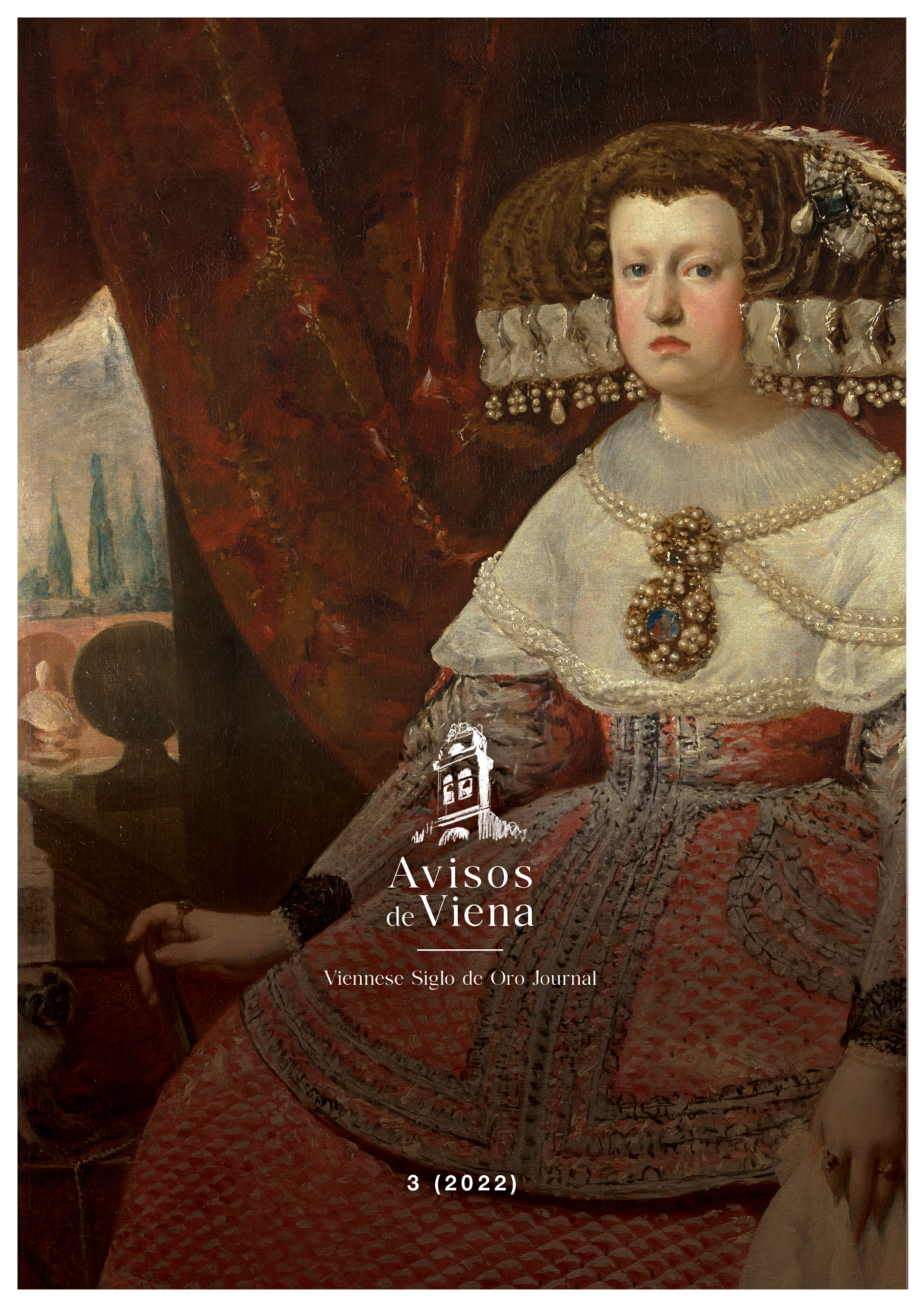Sobre cartografía y cartodoxia en textos literarios altomodernos
Una propuesta terminológica interlingüística para la historia de las mentalidades
DOI:
https://doi.org/10.25365/adv.2022.3.6592Keywords:
cartodoxy, Early Modern , map-mindedness, cartographic knowledge, conceptualization of spaceAbstract
The article proposes the term "cartodoxy" to describe the widespread geometric understanding of space during the Early Modern period, replacing the term "map-mindedness." It discusses the transition from medieval to modern conceptions of space, emphasizing the role of cartographic knowledge dissemination in the Renaissance. The proposal aims to enhance translatability across languages and facilitate understanding in studies of Early Modern literature and the history of mentalities. The term "cartodoxy" is introduced as a linguistic alternative to "map-mindedness," grounded in its applicability across modern languages. The article acknowledges the support of collaborators and funding sources within the context of a research project funded by the Spanish government. Overall, it advocates for the adoption of "cartodoxy" to denote the geometric conceptualization of space in the Early Modern period, offering a more linguistically adaptable alternative to "map-mindedness."
References
Billion, P. (2013). How did medieval cartographers work? New insights through a systematic analysis of the visual language of medieval portolan charts up to 1439. Bulletin du Comité Français de Cartographie, 216, 33-45.
Duby, G. (1961). Histoire des mentalités. In C. Samaran (Dir.), L’histoire et Ses Méthodes, Encyclopédie de La Pléiade XI (pp. 937-966). Paris, Gallimard.
Harley, J. B., & Woodward, D. (2007). The History of Cartography. Cartography in the European Renaissance (Vol. 3, Parts I and II). Chicago-London, University of Chicago Press.
Harvey, P. D. A. (1980). The History of Topographical Maps: Symbols, Pictures and Surveys. London-New York, Thames-Hudson.
Hernando, A. (1996). El mapa de España: siglos XV-XVIII. Madrid, CNIG.
Klein, B. (2017). Maps and Material Culture. In The Routledge Handbook of Material Culture in Early Modern Europe (pp. 61–70). Routledge.
Padrón, R. (2004). The Spacious Word: Cartography, Literature, and Empire in Early Modern Spain. Chicago-London, University of Chicago Press.
Raisz, E. (1950). Introduction. The Professional Geographer, 2(6), 9-11.
Burri, R. (2013). Die Geographie des Ptolemaios im Spiegel der griechischen Handschriften. Berlin, De Gruyter.
Van der Krogt, P. C. J. (2015). The Origin of the Word “Cartography.” e-Perimetron, 140(3), 124-142.
Zulaica López, M. (2022). Cartography in Bernardo de Balbuena’s El Bernardo o victoria de Roncesvalles. In E. Martínez-Osorio & M. Blanco (Eds.), The War Trumpet: Iberian Epic Poetry (1543-1639). Toronto, University of Toronto Press.
Downloads
Published
How to Cite
Issue
Section
License
Copyright (c) 2022 Martín Zulaica López

This work is licensed under a Creative Commons Attribution 4.0 International License.
© Open Access, CC BY 4.0








